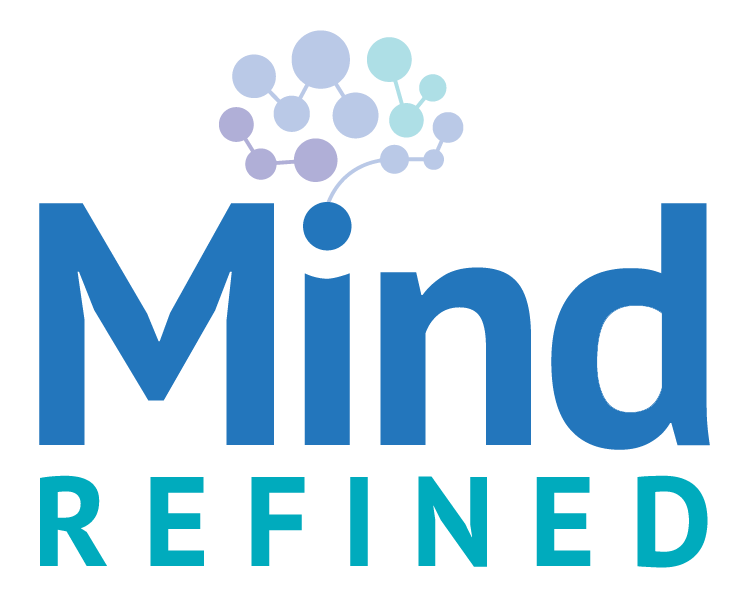Anna
A 13-Year Old Struggling with Depression, Anxiety and Life-Threatening Weight Loss from not Eating
Anna was struggling again. She sat despondent in the doctor’s office, barely responding to questions as her mom sat next to her, clearly concerned.
During the pandemic, due to the stress and isolation, Anna had stopped eating and lost a startling amount of weight. Her mood had plummeted and she wound up being hospitalized for what was assumed to be anorexia nervosa, an eating disorder associated with a tremendous fear of becoming fat that can lead to life-threatening weight loss. While she had improved during her hospital stay, after being discharged, the apathy had returned and her weight again started to decline.
Upon questioning, Anna kept returning to a single phrase, “This is all a waste of time,” and then the crying would begin again.
Anna was clearly struggling. Her anxiety was extreme, to the point of paralyzing her from engaging in activities with friends and family that she normally enjoyed. Her symptoms, however, were not completely congruent with the eating disorder anorexia nervosa. Anna denied any desire to be thin and was not afraid to regain her weight. She just had poor motivation and little desire to eat, losing track of her body’s needs.
Due to suspicions that Anna’s “eating disorder” might have roots in other factors, blood work was ordered assessing for specific nutrient deficiencies that can contribute to mental health concerns.
Laboratory Findings
Not surprisingly, Anna had lower levels of vitamin D and zinc, in addition to a common genetic condition that makes it more difficult for her to utilize folic acid. While all of these nutrients can be related to mental health, zinc is well known to be required in larger quantities during adolescence. When deficient, zinc can cause reduced appetite, loss of taste, gastrointestinal discomfort and weight loss, further exacerbating nutritional deficiencies.
Based on the findings, Anna was immediately started on a nutrient regimen that included vitamin D, zinc, folate and omega-3 fatty acids. While Anna didn’t appear hopeful, she agreed to take the supplements.
An Astonishing Turnaround
Two months later, the response was dramatic. Anna’s mom described her daughter’s improvements as nothing less than miraculous. Anna had quickly regained weight and re-engaged in school and social activities. Anna was thrilled to be feeling better and her mother was deeply relieved at her daughter’s progress.
This case, which is based on a real-life patient, clearly demonstrates what is often missed by modern psychiatry: nutrient deficiencies, hormonal imbalances, toxicities, chronic infections, inflammation, blood sugar problems and other biochemical imbalances can all have an impact on mental health. In addition, these conditions are often easily identified and treated through proper laboratory investigations.
By expanding the scope of our approach to mental health conditions beyond standard medication and testing for these contributing factors, we can provide a profound improvement in mental health outcomes.
